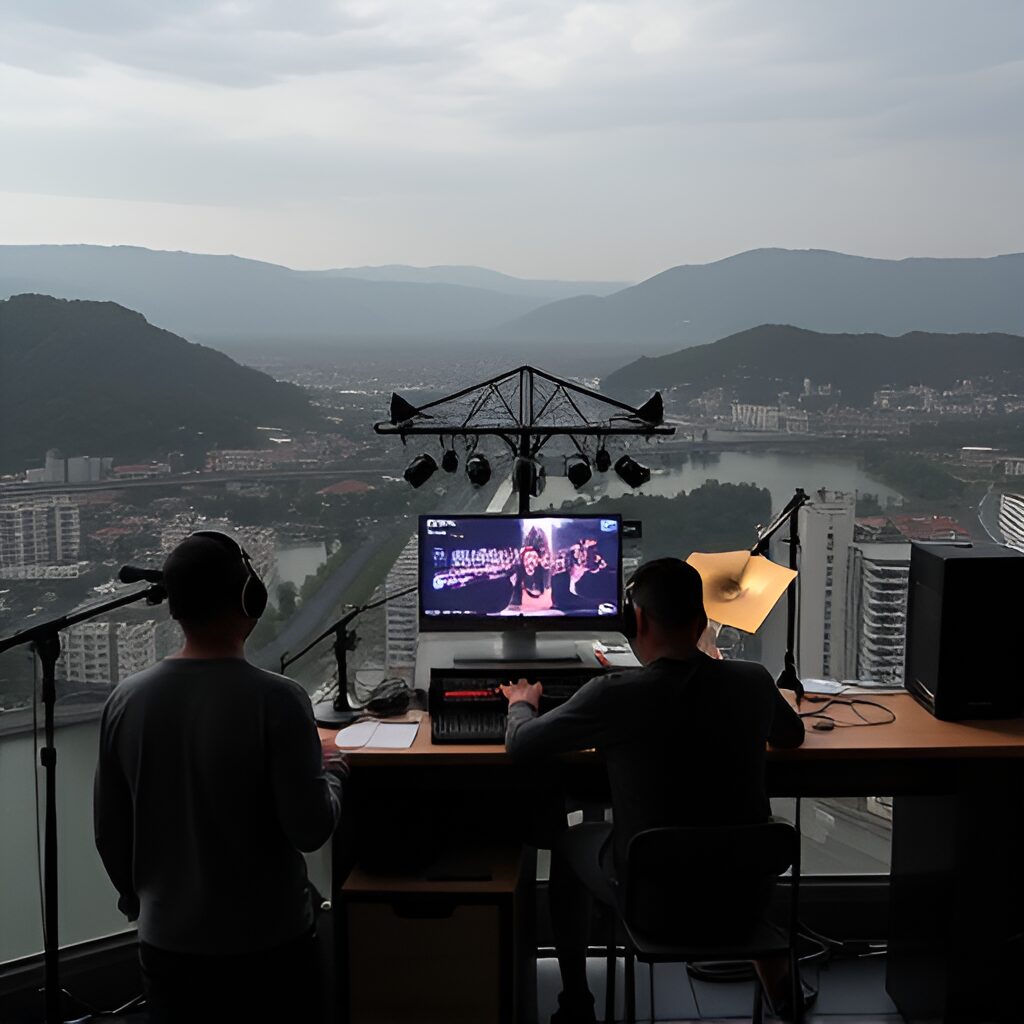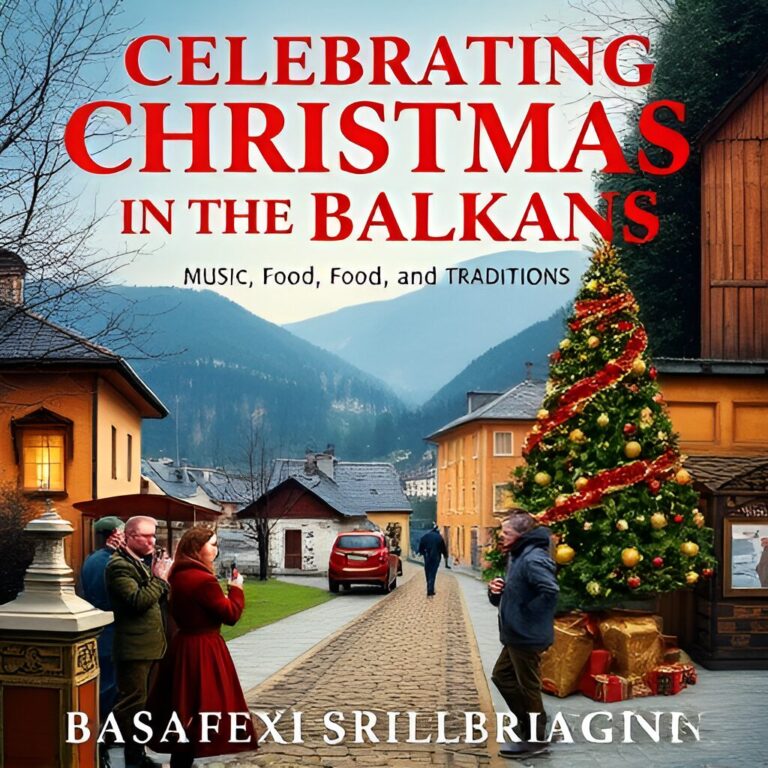Radio has played a crucial role in shaping the music landscape of the Balkans, a region known for its rich and diverse musical heritage. From the early days of broadcasting to the modern digital age, radio has influenced musical tastes, promoted emerging artists, and preserved traditional sounds. In this article, we explore how radio has impacted the music scene in the Balkans and continues to be a vital force in cultural expression.
1. The Birth of Radio Broadcasting in the Balkans
The introduction of radio broadcasting in the Balkans during the early 20th century marked a significant turning point in how music was consumed and shared. Initially, radio served as a tool for news dissemination, but it quickly evolved into a platform for music. Local radio stations began to feature a mix of traditional folk music, classical compositions, and popular songs, introducing audiences to a wide array of sounds. This accessibility allowed listeners to experience music from different cultures and regions within the Balkans, fostering a sense of unity.
2. Promoting Local Artists
Radio stations have been instrumental in promoting local artists across the Balkans. With limited access to international media, many musicians relied on radio to reach wider audiences. Stations such as Radio Belgrade in Serbia and Radio Sarajevo in Bosnia and Herzegovina have historically provided a platform for local talent, often featuring live performances, interviews, and music charts. By giving artists exposure, radio has helped nurture and develop the music scene, allowing new genres and styles to emerge.
3. Cultural Exchange and Fusion
The Balkans is a melting pot of cultures, and radio has played a vital role in facilitating cultural exchange. Through music programming that highlights various ethnic traditions, radio has encouraged the fusion of different musical styles. Genres such as turbo-folk, which blends traditional Balkan melodies with pop and electronic elements, gained popularity largely due to radio airplay. This blending of styles reflects the region’s complex history and diverse cultural influences, showcasing how radio can shape musical identity.
4. Preserving Traditional Music
In addition to promoting contemporary artists, radio has also been pivotal in preserving traditional music. Many stations have dedicated programs that focus on folk music, ensuring that these cultural treasures are passed down through generations. By featuring interviews with elder musicians, archival recordings, and live broadcasts from cultural events, radio keeps traditional music alive and relevant. This preservation of cultural heritage is essential in a region where music is deeply intertwined with identity and history.
5. The Digital Revolution and New Horizons
With the advent of the internet and digital radio, the music scene in the Balkans has undergone a significant transformation. Online platforms allow listeners to access a broader range of music, including genres that may not have received airplay on traditional radio. Artists can now share their work directly with audiences through social media and streaming services, expanding their reach beyond local borders. Despite this shift, traditional radio continues to adapt, incorporating digital streams and podcasts to engage younger audiences while preserving its core values.
Conclusion
Radio has been a driving force in shaping the music scene in the Balkans, from its inception to the present day. By promoting local artists, facilitating cultural exchange, and preserving traditional sounds, radio has significantly influenced the region’s musical identity. As the landscape continues to evolve with technological advancements, radio remains a crucial platform for cultural expression and community connection. The rich tapestry of Balkan music, woven together by the threads of radio, will continue to resonate for generations to come.





